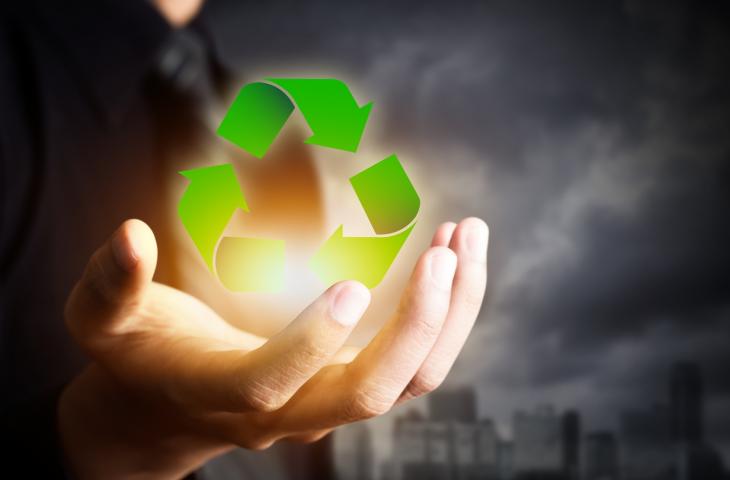MILAN – It is the thought that counts. How many times have we appreciated a simple but meaningful gift which was very well-suited to our circumstances? However, a gesture cannot always be appreciated, if it is ultimately misplaced. In recent years, regardless of the increased amount of information on the benefits of recycling, many people have picked up the ‘bad habit’ of depositing materials destined for the dry garbage can, in the recycling bins. This is something people do thoughtlessly, which has led to significant problems in Minneapolis.
Being useful
Plastic bottles, knick-knacks, paper and card can be released again onto the market after correct sorting: “People have a genuine desire to put increasing amounts of refuse in recycling bins in order to ease their conscience”, said Bill Keegan, president of the Dem-Con Company, “They want something more like the rubbish bins you get on the sidewalks, with the feeling of having benefitted the environment, and they are proud of this”. The worrying figures generated in the city of Minneapolis show that 2% to 10% of citizens consider materials to be recyclable, which should be heading for general waste collection instead.
Minnesota provides a program
The State of Minnesota has suggested a program called ‘It’s in the Bag’, for the collection of plastic bags. An initiative which has enabled over 5 million kilos of plastic bags to be recycled over the course of six years. ‘It’s in the Bag’ was based over the years on residents and companies. Plastic bags, shopping bags and product packaging are all materials produced exclusively for the consumer. These elements are easily recyclable and companies can participate in the project by filling out a request form.
by editorial staff











